Kenji Nanba
- Director / Vice Director / Researchers
Director / Professor
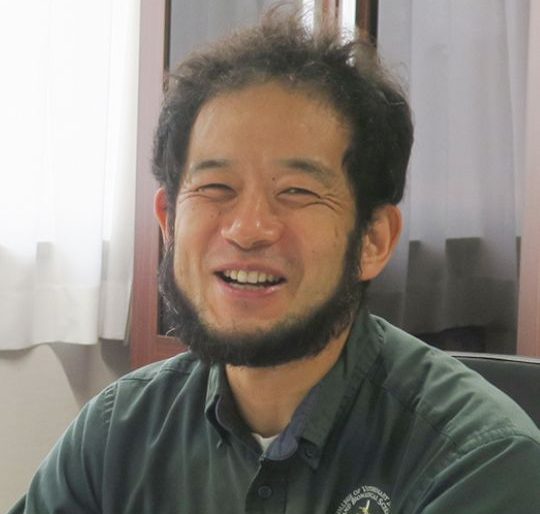

Scroll Down
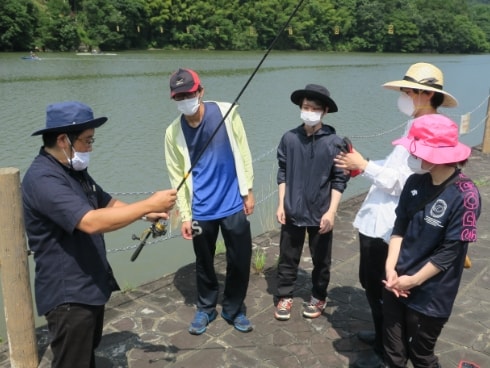
The Department of Environmental Radioactivity, Graduate School of Symbiotic Systems Science and Technology, Fukushima University is the first graduate school in the world to study the dynamics of radioactive materials in the environment and their effects.
In a practical research environment that makes maximum use of the Fukushima fields, we provide a wide range of knowledge and specialized education, including practical training and field exercises, in environmental radioactivity to individuals with backgrounds in various academic fields, such as ecology, biology, earth science, mathematical phenomena, chemistry, physics, mechanical engineering, and electrical engineering.
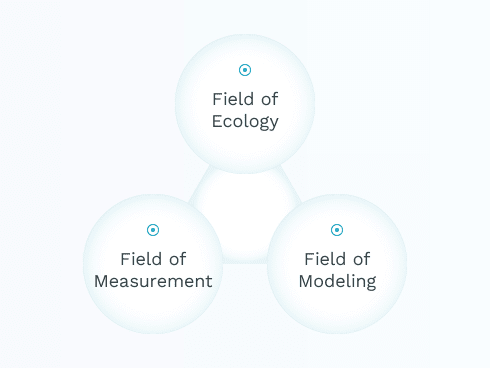
There are many unanswered questions regarding the effects of anthropogenic radionuclides released into the atmosphere. Management of natural radionuclides in the development of natural resources such as rare metals is also an important issue.
In the Department of Environmental Radioactivity, students will acquire the ability to scientifically elucidate the dynamics of anthropogenic and natural radionuclides in the environment which are transferred among forests, rivers, and oceans through water and soil movement, and among plants and animals through food chains and other processes. To this end, the course comprehensively addresses measurement, monitoring planning, control, prediction, and evaluation from a medium- to long-term perspective.
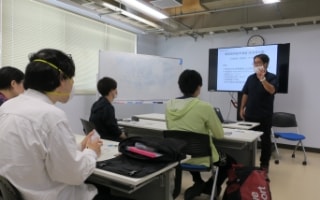
Guidance is provided by IER faculty members specializing in diverse research fields and concurrent faculty members in the Department of Symbiotic Systems Science and Engineering. Students acquire cross-disciplinary knowledge and skills by integrating and deepening their specialized knowledge.
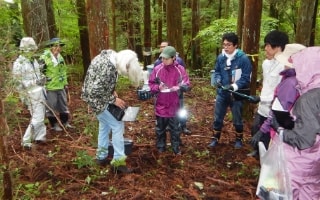
We offer practical educational programs that involve a wide range of field sampling and fieldwork in a well-developed research environment, from forests to rivers, lakes, and oceans.
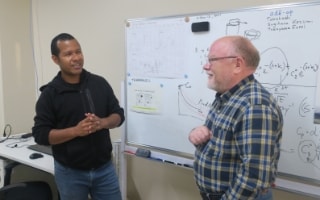
Discussion-style classes are set up to develop expressive, interactive, and English language skills. Both professors and current students have a rich international flavor and can acquire a global perspective.
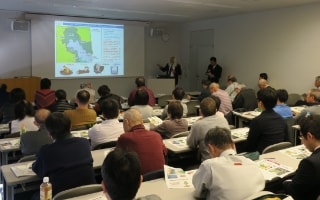
IER will provide opportunities for reporting and discussing research results with local residents at the research activity roundtables held regularly by IER, with the aim of conducting live research.
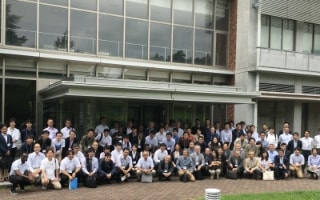
Research activities can be conducted by taking advantage of the network of joint research centers and the connections with domestic and overseas partner institutions based on agreements.
The Major in Environmental Radioactivity (Master's Program) consists of three fields: ecology, modeling and measurement, with each field offering educational and research opportunities (outlined below). We seek students who are interested in any of these fields, and find their chosen field to be a good fit for themselves.
Based on research in ecology, biology, and radioecological field arising from them, this field develops professional knowledge, expertise, and skills; the ability to use practical knowledge and solve problems; and the attitude to understand phenomena from multifaceted perspectives.
Director / Professor

Vice Director / Professor
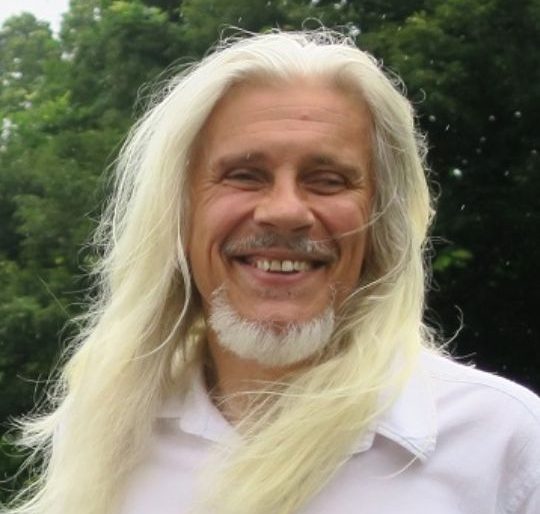
Professor
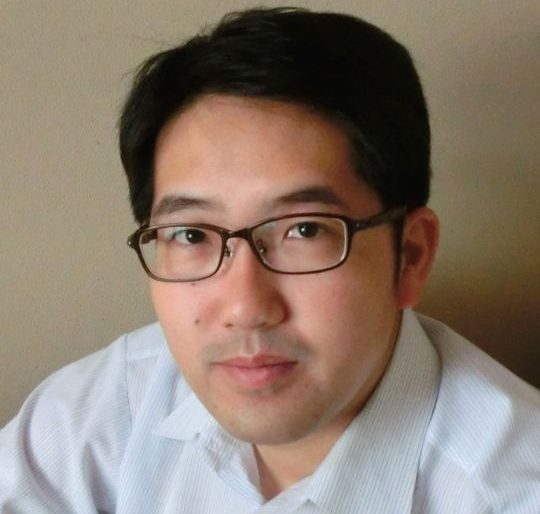
Professor (Faculty of Symbiotic Systems Science)
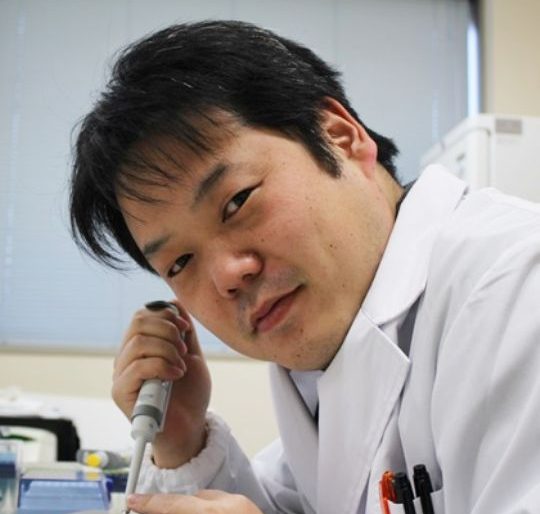
The Doctoral Course in Environmental Radioactivity conducts research and education to develop an advanced understanding of the dynamics and effects of radioactive materials in the environment and to cultivate an interdisciplinary and international mindset to deal with such issues, based on the basic and practical academic skills cultivated up to the Master's Course. Under the guidance of internationally active faculty members, students will acquire advanced research and problem-solving skills related to environmental radioactivity by disseminating research results to the world and giving back to society.
In this area, practical education and research will be conducted utilizing the university's well-developed observation environment, and through the acquisition of cross-disciplinary knowledge and skills, researchers and professionals will be trained to comprehensively tackle the measurement, monitoring planning, control, prediction, and evaluation of radioactivity (radiation) from a medium- to long-term perspective, and to have a comprehensive ability to solve multiple problems such as prediction evaluation, environmental restoration, radiation protection, decommissioning, interim storage, and cleanup.
In addition, students will practice science communication* in order to acquire the ability to play the role of "giving back knowledge" by communicating their expertise to the local community. In the doctoral course of this department, we aim to nurture researchers and professionals who will contribute to society from a global perspective by leading the discovery and solution of issues involving environmental radioactivity and its academic development.
Second-year master’s student of the Graduate School of Symbiotic Systems Science and Technology (Major in Environmental Radioactivity)
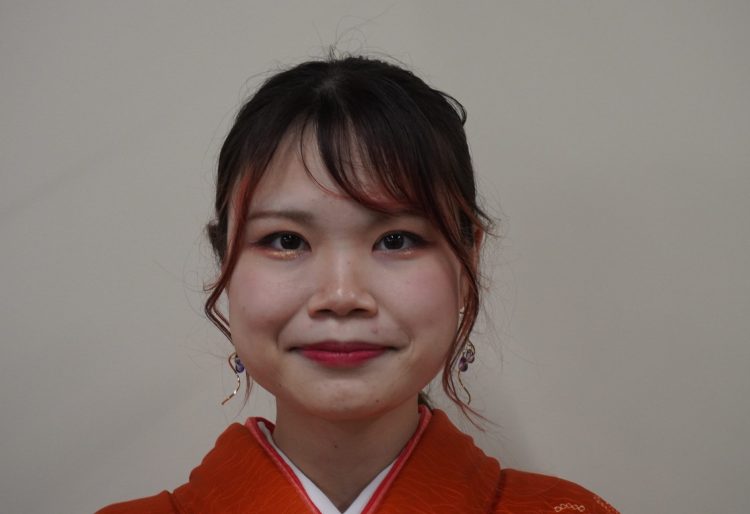
Second-year master’s student of the Graduate School of Symbiotic Systems Science and Technology (Major in Environmental Radioactivity)
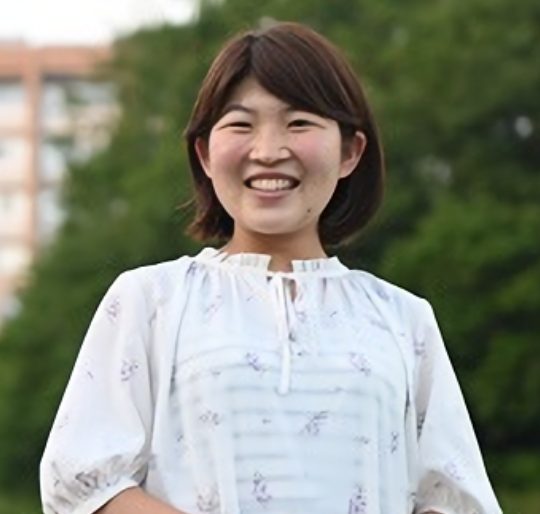
The entrance exam for the Major in Environmental Radioactivity Master's Program and Doctoral Program will be held as follows for General Exam, Working Person Special Exam, and International Students Special Exam.
When applying, contact an instructor of your choice in advance, who will be your thesis advisor, to discuss your aptitude for the research field.
If you are unsure about how or whom to contact, please notify the Admissions Office of the University for guidance (E-mail: nyushi@adb.fukushima-u.ac.jp).
For online application, go to https://home.postanet.jp/PortalPublic/Identity/Account/Login?gkcd=010014
The online application site is currently available only in Japanese. If you encounter any difficulties using the site in Japanese, our university is ready to assist you with the online application process.
Please contact to: ier@adb.fukushima-u.ac.jp
For online application, go to https://home.postanet.jp/PortalPublic/Identity/Account/Login?gkcd=010014
The online application site is currently available only in Japanese. If you encounter any difficulties using the site in Japanese, our university is ready to assist you with the online application process.
Please contact to: ier@adb.fukushima-u.ac.jp
General exam for doctoral program also has academic test (oral exam on English proficiency and technical vocabulary skills in your research field).